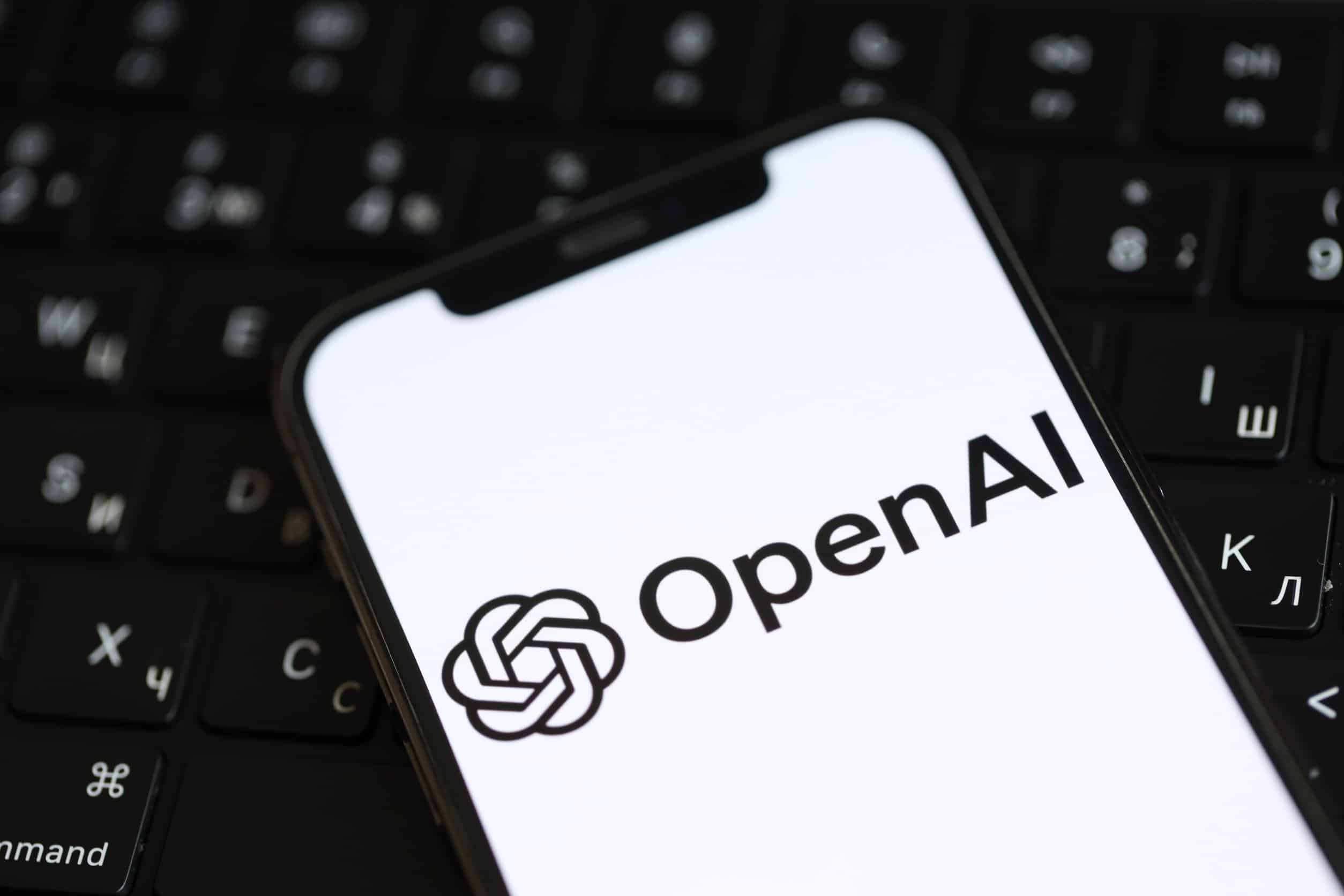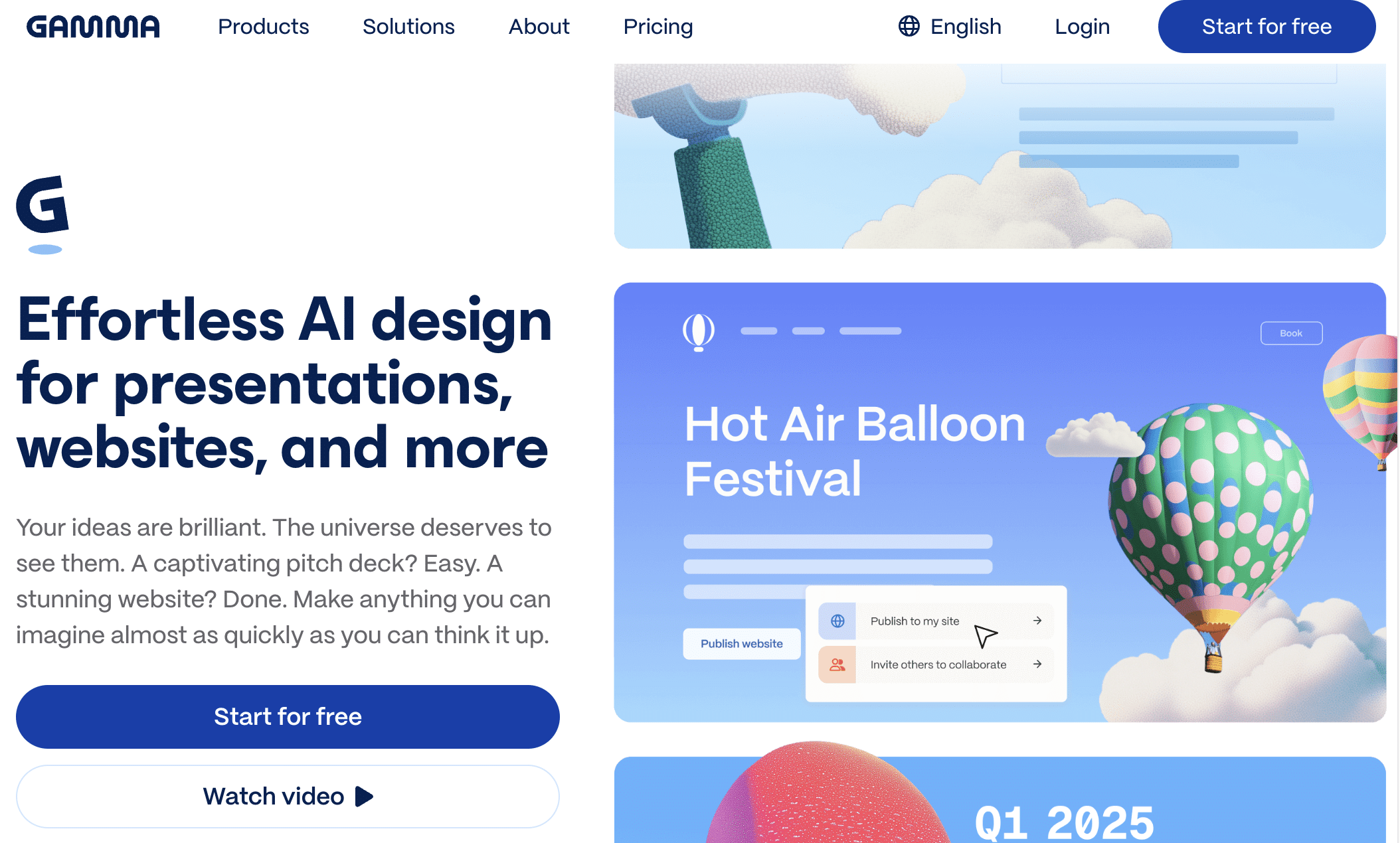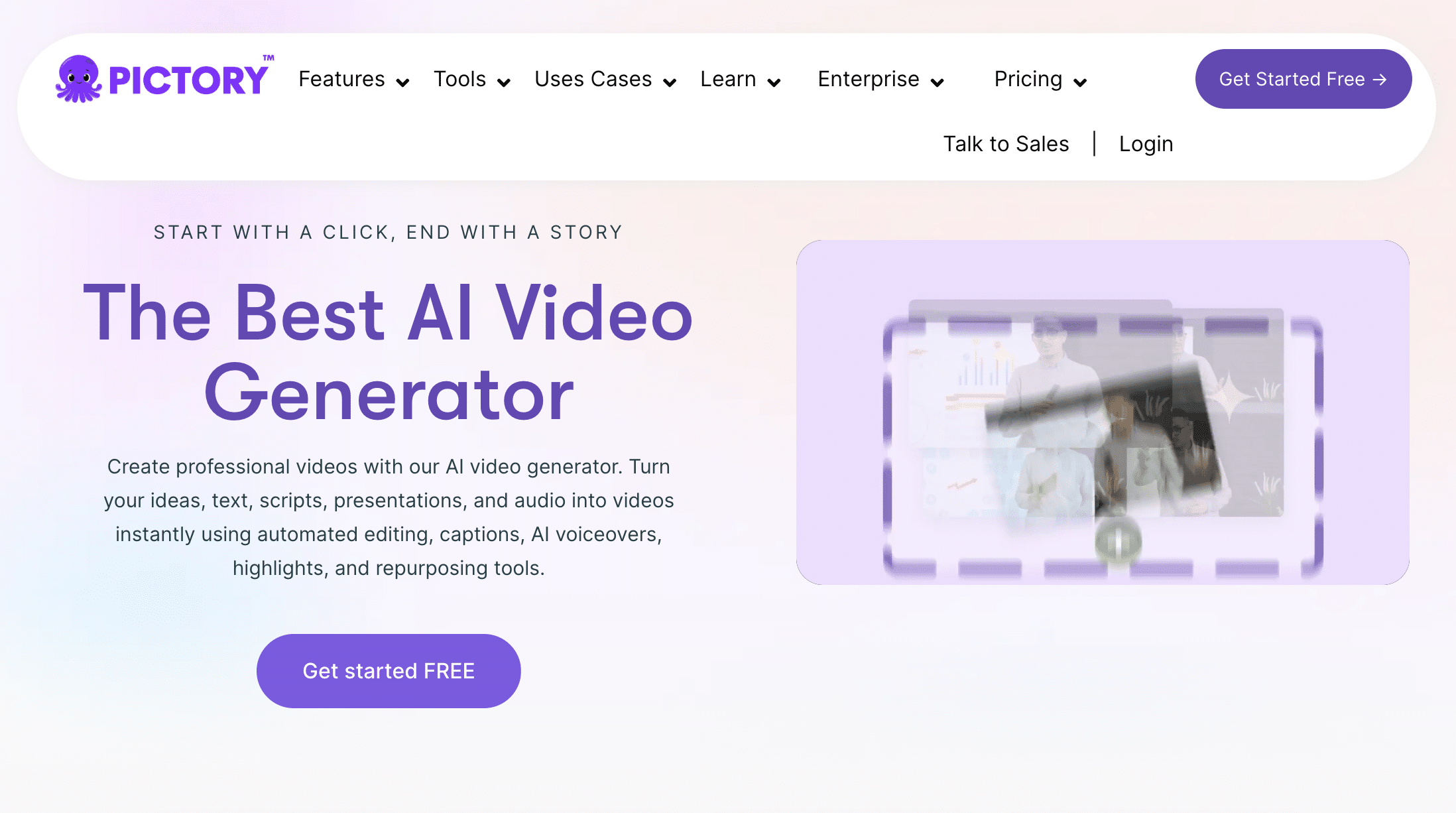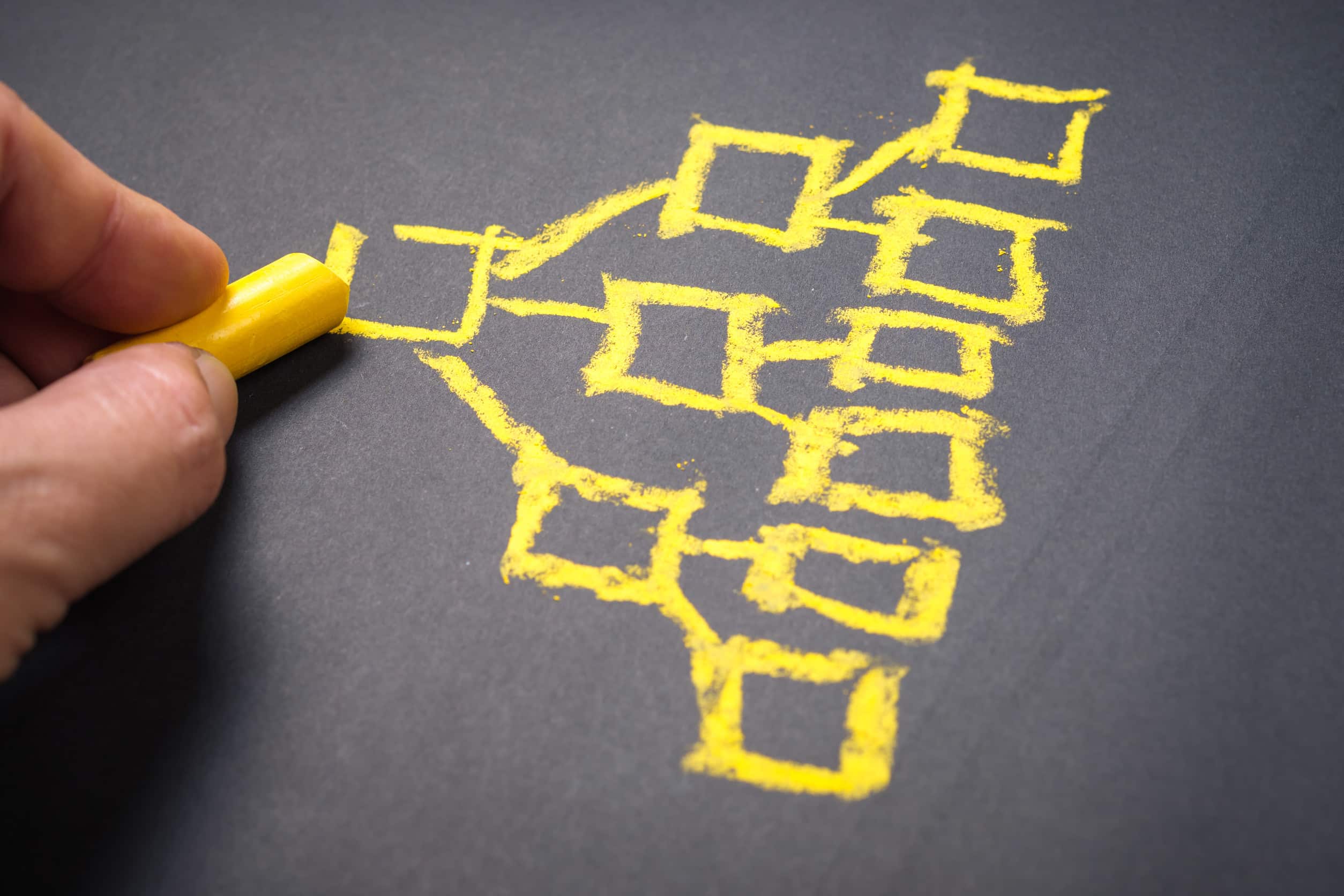ChatGPT is owned by OpenAI, the American company that developed it and launched it on November 30, 2022. OpenAI holds all intellectual property rights to ChatGPT, including ChatGPT-4 and subsequent versions. In just a few months, artificial intelligence has transformed our relationship with technology. ChatGPT’s primary goal: to develop a general artificial intelligence, called AGI, accessible to all, to supplement human tasks.
But who’s behind this revolution? From Sam Altman to Elon Musk, from Silicon Valley to billionaire investments, here’s the eventful story of OpenAI.
Who created ChatGPT?
ChatGPT was created by Sam Altman, co-founder and CEO of OpenAI, the organization behind ChatGPT. He is an American businessman born in Chicago in 1985.
Sam Altman is considered to be ChatGPT’s main creator and leader of the project, although ChatGPT’s success relies on the collective work of its co-founders, namely:
- Elon Musk, financial and strategic support for the launch, left the board in 2018 ;
- Greg Brockman, President and Chief Technology Officer (CTO) of OpenAI, responsible for technical supervision and organization of development teams;
- Ilya Sutskever, Chief Scientist, responsible for fundamental AI research and overseeing advanced AI models;
- Wojciech Zaremba, Principal Investigator, has led research teams in deep learning and model architecture;
- John Schulman, Principal Investigator, specialist in AI model reinforcement and optimization;
- Deep learning researcher Andrej Karpathy went on to lead the AI team at Tesla;
- Jessica Livingston, investor (Y Combinator), financial and strategic support for the launch;
- Peter Thiel, investor (PayPal, Palantir), financial and strategic support ;
- Reid Hoffman, investor (LinkedIn), financial and strategic support.
Elon Musk, Peter Thiel and Reid Hoffman played a major financial and strategic role, but were not involved in technical decisions or research.
How much is ChatGPT worth?
OpenAI is valued at around $300 billion. It has become one of the most valuable companies in the world.
OpenAI will generate around $10 billion in annual recurring revenue (ARR) in 2025, mainly thanks to ChatGPT, its business offerings and its API. Estimates for the full year 2025 are $12.7 billion in sales.
Sam Altman’s fortune is estimated at $1.7 billion in June 2025.
ChatGPT will be used by 1 billion users by 2025, with 500 million active users every week and over 3 million paying corporate customers.
Where does ChatGPT come from?
ChatGPT was developed mainly at OpenAI’s headquarters in San Francisco, California (USA). Technical development, research, model training and project supervision were carried out by the OpenAI teams in their US offices.
Open AI’s global headquarters are based in San Francisco’ s Silicon Valley. For its European activities, OpenAI has a fiscal and operational headquarters in Dublin, Ireland, via its subsidiary OpenAI Ireland Ltd, which manages services for customers in the European Economic Area and Switzerland. It has also opened offices in London and Paris, but the heart of OpenAI’s development and management remains in San Francisco.
Who are ChatGPT’s shareholders?
ChatGPT has no shareholders to speak of, as it is a product developed and owned by OpenAI!
OpenAI is a hybrid organization: it now comprises a not-for-profit entity (OpenAI Inc.) which oversees a for-profit entity (OpenAI LP). The not-for-profit foundation holds most of the control, but the for-profit part attracts investors.
OpenAI’s investors are :
- Microsoft is the main investor and technology partner, with an estimated investment of $13 billion. It has obtained commercial exclusivity for OpenAI’s models. Microsoft has observer status on the OpenAI Board of Directors;
- Most are venture capital funds specializing in technology;
- Public investment company MGX (United Arab Emirates).
OpenAI does not publish official details on the distribution of capital among its investors. In the for-profit sector, they can be assimilated to shareholders or share-holders, but governance remains mainly in the hands of the non-profit organization (OpenAI Inc.).
Open AI investor funds (ChatGPT)
Venture capital funds investing in OpenAI include Nvidia, the world leader in graphics chips and AI; SoftBank, the Japanese conglomerate, which has considered a massive investment of up to $10 billion if OpenAI turns into a for-profit company; and Sequoia Capital, one of Silicon Valley’s most prestigious venture capital funds, specializing in technology startups.
Other OpenIA funds include Tiger Global Management, Andreessen Horowitz, Bedrock Capital, Thrive Capital, Founders Fund,, Coatue Management, Altimeter Capital, Khosla Ventures.
Who runs ChatGPT?
Sam Altman is CEO of OpenAI, the company behind ChatGPT. He is responsible for the company’s overall strategy and remains the central management figure after being briefly ousted and then reinstated in November 2024. He also sits on the Board of Directors.
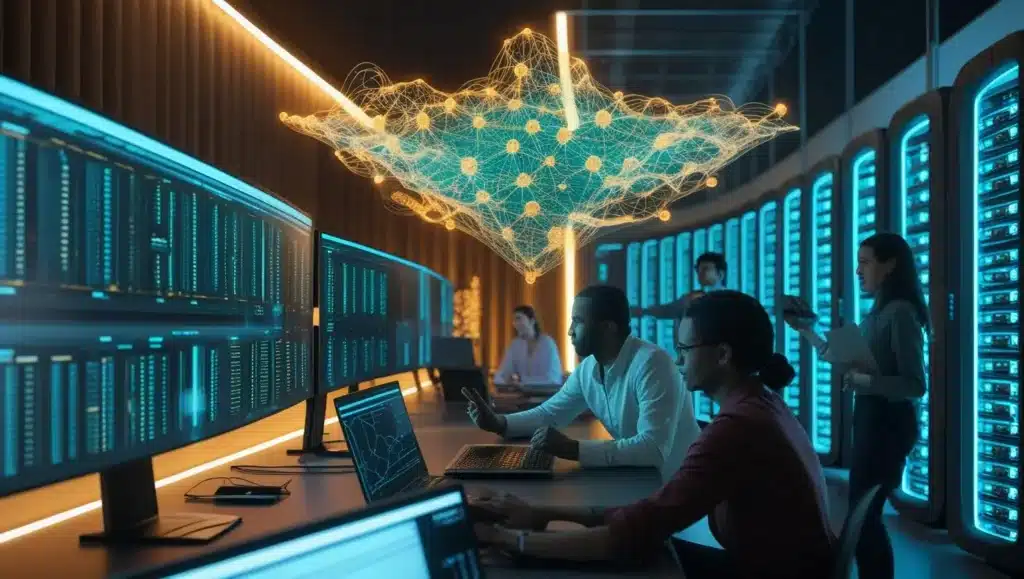
Several other people are important to the evolution and management of ChatGPT at OpenAI.
Fidji Simo has been OpenAI’s Chairman of the Board since March 2025. She is not General Manager of Applications, nor responsible for direct oversight of ChatGPT, but plays a key role in the company’s governance.
Greg Brockman is OpenAI’s President and Chief Technical Officer (CTO), overseeing technical aspects and product development, including ChatGPT. ChatGPT’s operational management remains the responsibility of the technical team he leads, under the supervision of Sam Altman.
Brad Lightcap is OpenAI’s Chief Operating Officer (COO), now in charge of strategic partnerships, and Mark Chen is Head of Science, overseeing fundamental research into ChatGPT models such as GPT-4o and future generations. These managers join a team of engineers, researchers and product managers who steer the development of the various versions of ChatGPT.
Why was Sam Altman fired?
Altman was notably dismissed by the Board of Directors in November 2023. The board criticized him for a lack of transparency in the management of a venture capital fund linked to OpenAI, with communication deemed insufficient. This decision provoked a major crisis within the company, with the vast majority of employees threatening to resign if Altman did not return.
Did Elon Musk create ChatGPT?

Elon Musk is not the creator of ChatGPT. He is one of the co-founders of OpenAI, but was not directly involved in the design or development of ChatGPT itself.
ChatGPT was developed by the OpenAI teams under the direction of Sam Altman, who is considered the project’s main creator and leader.
Elon Musk’s role at OpenAI
Elon Musk was one of the main investors when OpenAI was founded at the end of 2015. He contributed between $44 and $50 million of OpenAI’s early fundraising. He also convinced talent to join the organization.
What disagreements do Elon Musk and Sam Altman have about OpenAI?
Elon Musk stepped down from the OpenAI board in 2018, following his desire to turn OpenAI into a for-profit company, offering himself as the main shareholder.
Notably, he had set up a for-profit public benefit company in 2017 called Open Artificial Intelligence Technologies, Inc. He also wantedOpenAI tomerge with Tesla.
OpenAI’s management team refused, believing that giving total control to a single person ran counter to their mission of developing AI for the good of humanity.
He was no longer involved in the management or technical creation of ChatGPT thereafter. Elon Musk has since founded the AI xAI in 2023.
Elon Musk and OpenAI on trial
Elon Musk filed a lawsuit against OpenAI and its CEO, Sam Altman, at the end of February 2024, because OpenAI has changed its legal status in recent months, notably its commercial arm to Public benefit corporation (PBC). This change enables the company to raise more funds from investors, as well as a possible IPO.
This transfer project has provoked strong criticism, including a complaint from Elon Musk against OpenAI. Elon Musk has been a regular critic of Sam Atman since he left OpenAI, accusing them of betraying their original mission by becoming a for-profit company and drawing closer to Microsoft.
In early May 2025, in the face of criticism and pressure, OpenAI finally announced that it was abandoning this transfer of control: the non-profit organization would retain control of the whole, but the commercial arm would become a PBC.
In a dedicated article on its website, OpenAI says it respects Musk’s achievements and expresses gratitude for his early contributions, but urges him to prioritize market competition over litigation.
In February 2025, Musk proposed to buy OpenAI with a public offer approaching $100 billion with other investors, rejected by its CEO Sam Altman.
Despite some appeals for calm from both personalities, the conflict remains open and public between Musk and Altman over the evolution and governance of OpenAI. Sam Altman often responds to Elon Musk on Twitter, formerly X.

